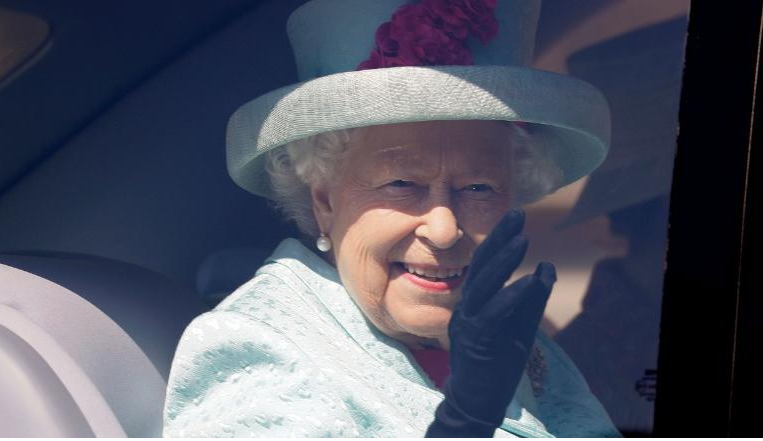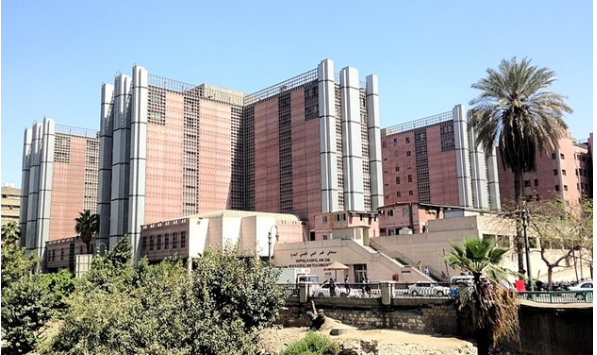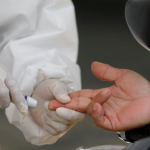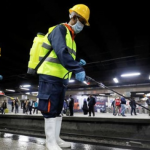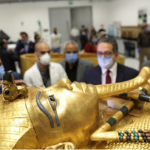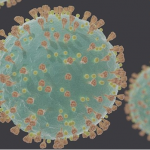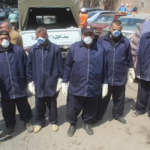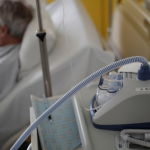Coronavirus spreads when an infected person coughs small droplets – packed with the virus – into the air. These can cause an infection if they are breathed in, or potentially if you touch a surface they have landed on.
So going shopping and mixing with other people does carry a risk. That is why social distancing – keeping at least 2m (about 6ft) from others – is so important, and many shops are enforcing it.
Supermarkets can provide an “ideal setting” for virus transfer, says Prof Sally Bloomfield, of the London School of Hygiene and Tropical Medicine. “Many people are touching and replacing items, checkout belts, cash cards, car park ticket machine buttons, ATM payment buttons, paper receipts etc… Not to mention being in the proximity of several other people.”
There are ways to offset these risks:
- Wash hands for 20 seconds with soap and water, or with alcohol-based hand sanitiser before and after shopping
- Treat surfaces as if they may be contaminated, meaning you avoid touching your face after handling shopping trollies, baskets, packages and produce
- Use contactless payment methods
How safe are home deliveries?
Delivery slots permitting, a home drop is less risky than a trip to a supermarket as you will avoid other shoppers. The risk is possible contamination of the surface of any food or package, or from the delivery driver.
Food safety expert suggests leaving a note on your front door asking the driver to ring the bell and step back. This would allow you to safely pick up your food, alone.








